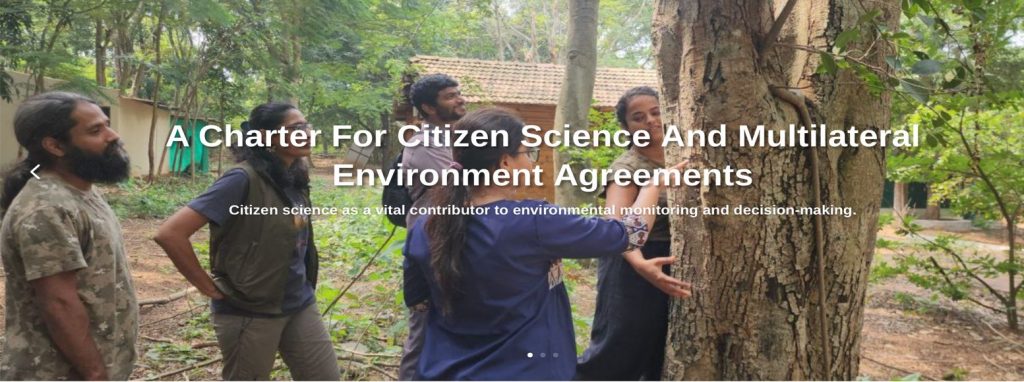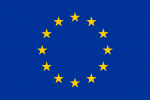AURORA Project co-ordinator Ana Belen Cristobal Lopez and Martin Brocklehurst lead coordinator for the projects coordination, dissemination and exploitation strategy are set to attend UNEA7 in December 2025 in Nairobi Kenya. They will be part of a Citizen Science Global Partnership Delegation of over 30 representatives who will make the case that Citizen Science should be an integral part of future multilateral environmental agreements.
CSGP is leading the development of a new Charter for Citizen Science and Multilateral Environmental Agreements to boost the role of citizen science in shaping formal environmental policy and international agreements. The charter calls on governments, across the world, to formally recognize citizen science as a vital contributor to environmental monitoring and decision-making. For too long these high-level agreements to tackle the triple planetary crisis of climate change, pollution, and by diversity loss have been words on paper with no connection to the ordinary people of our planet who are affected by the devastating changes that are now taking place.
The delegation will argue through a series of side events that this needs to change and that Citizen Science should be at the heart of implementing such environmental agreements through member states. In this endeavour an application has been made for a formal member State side event to discuss the role of AI and Big Data in supporting global citizen science programmes on Air Quality and Climate Change Mitigation. The application is being led by the Kenyan Government (the hosts for UNEA),the Estonian Government and is supported by the Government of Thailand. The application was coordinated by AURORA Ambassador Jacqueline McGlade a former Chief Scientist at the United Nations Environment Programme (UNEP)
The work of the AURORA project will be promoted at these events as an example of how citizen science can make a difference to climate change. Truly taking local examples and showing how by scaling up citizens can make a difference.




